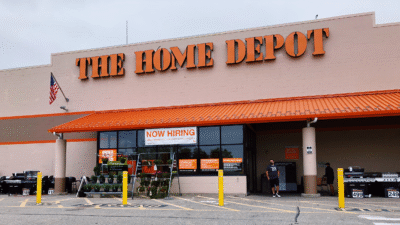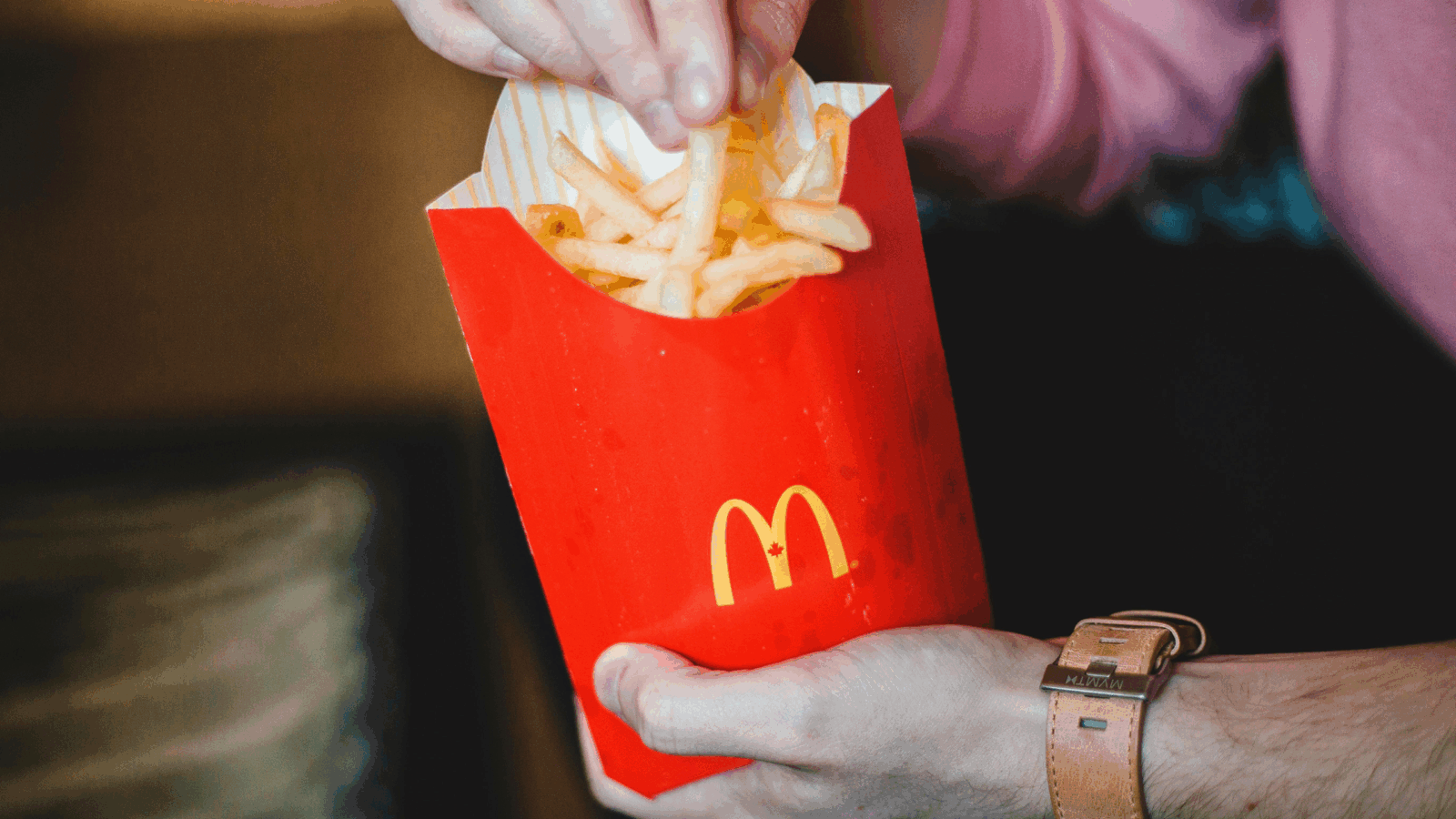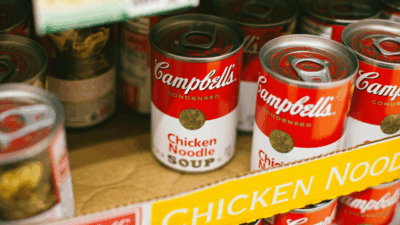Economic Strains Starting to Hit Wealthier Americans, Survey Finds
Mizuho found that both low- and high-income Americans alike are trying to get as thrifty as possible, reducing spend.

Sign up for smart news, insights, and analysis on the biggest financial stories of the day.
The US may be less egalitarian than before, but everyone still loves a bargain.
In its August consumer survey, Mizuho found that both low- and high-income Americans alike are trying to get as thrifty as possible, which means eating out less and searching for discounts wherever they can.
The Price to Be an American
It’s not news that things are more expensive. A Fed rate cut may be on the way next month, but gas is averaging $3.35 a gallon, energy bills continue to climb, and the only thing worthwhile at fast-food joints anymore is the $5 value meal.
The struggle is real for low-income consumers who earn less than $50,000 a year and make up 22% of US households, but it’s also showing signs of spreading to wealthier echelons:
- About 60% of those polled in Mizuho’s survey said they reduced spending at restaurants compared to six months ago, and they’ll likely continue that trend for the next six months. Almost a quarter of respondents said they’ve depleted their savings.
- Higher-income earners are still spending solidly — however, Mizuho did note that strikingly high numbers reported elevated credit balances and some signs for potentially tighter spending through the year-end. “Nearly half of consumers with incomes up to $150,000 are already spending cautiously, despite having ‘sufficient’ levels of savings,” the survey said.
And that frugality appears to be in line with trends at Walmart and Target — discount megastores that are starting to attract a lot more wealthy customers.
10 Items or Less: Food costs are so controversial these days that Vice President Kamala Harris has made it part of her economic platform in this year’s presidential election, promising to crack down on price-gouging grocers. However, many have been quick to criticize Harris, arguing that high food prices aren’t the result of corporate greed but rather just what it takes to keep the lights on. Back in July, New York Federal Reserve advisor Thomas Klitgaard said high food costs are likely the product of a surge in agricultural and livestock prices and rising wages for grocery store workers. No matter the reason, just let us know when eggs are on sale again.











